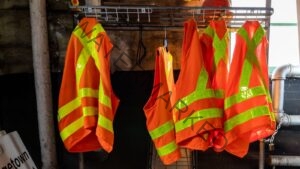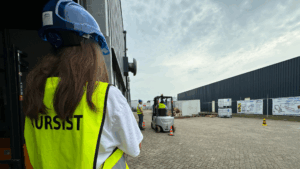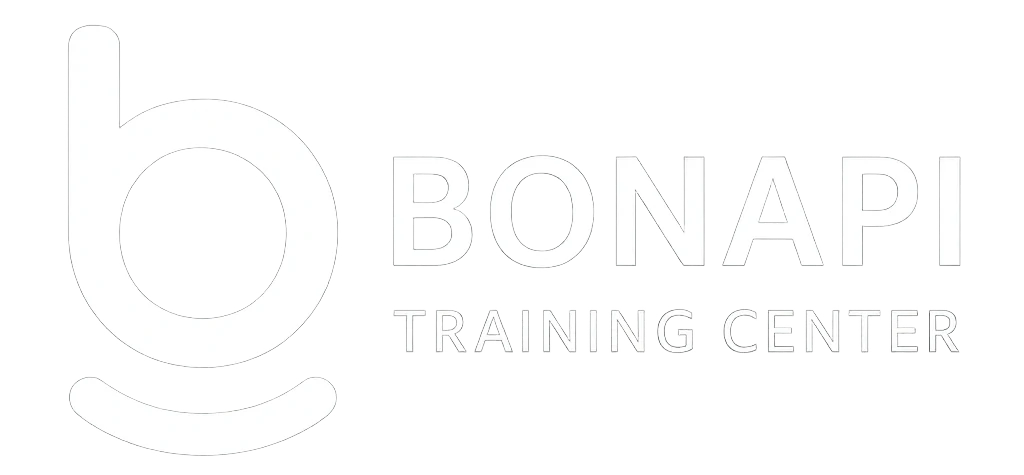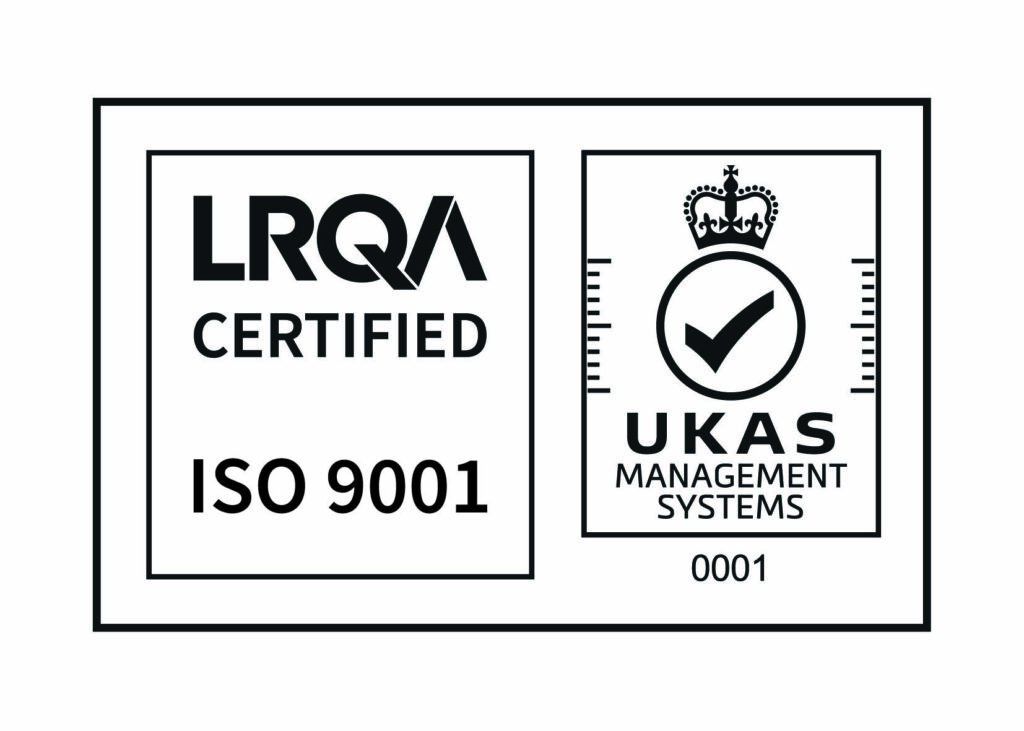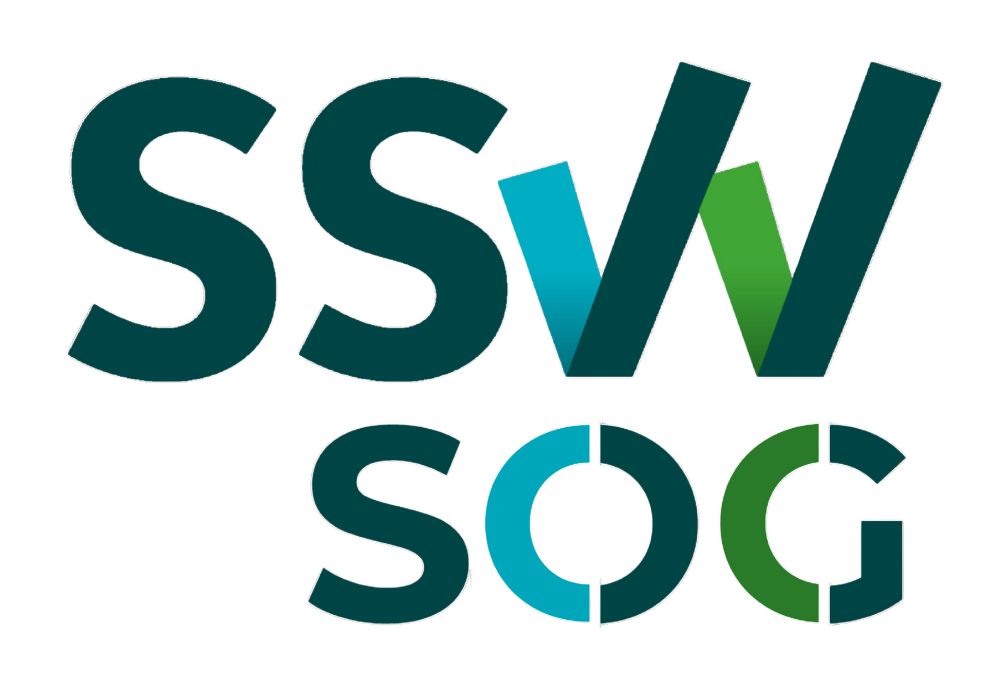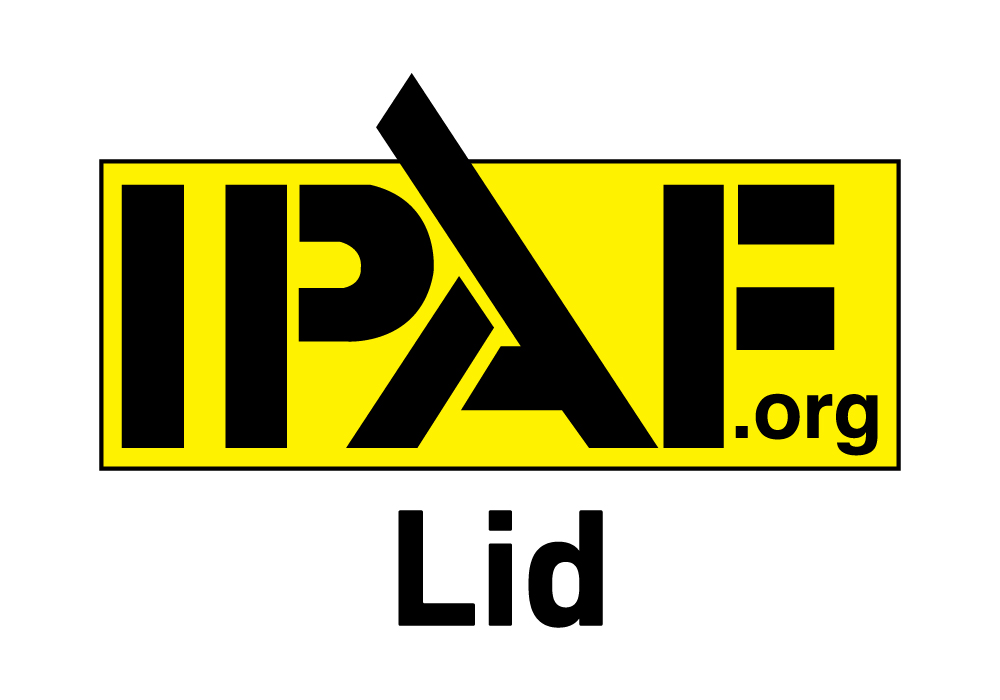Finding a job in the Netherlands through an employment agency is one of the most common and safest ways to secure work abroad. While the recruitment process may vary slightly between agencies, most follow a similar structure—from preparing documents to signing a contract and departing for the job. In this article, we explain step-by-step how the recruitment process works in a Dutch employment agency and what to pay attention to in order to ensure everything runs smoothly and safely.
Where to find job offers
The recruitment process usually starts with browsing available job offers. Most listings can be found on the websites of Polish and Dutch temporary work agencies that specialise in hiring foreigners—particularly in sectors like horticulture, production, logistics, cleaning, and care. It’s a good idea to look for agencies that have offices in both Poland and the Netherlands or that hold certifications such as KRAZ (in Poland) and NEN 4400-1 (in the Netherlands). These credentials indicate that the agency operates legally and meets established standards for work quality and safety.
Application – how to prepare your CV
Once you find an offer you’re interested in, it’s time to apply. In most cases, you’ll need to fill out an online application form or email your CV. The document should be simple, clear, and ideally written in English—especially if you’re applying for a job in an international environment. Your CV should include contact details (phone number, email address), a brief professional summary, work experience (particularly in physical, production, or warehouse jobs), language skills (English, German, or Dutch—even basic knowledge), and availability (when you can leave and for how long). Sometimes, the agency may request additional documents such as a scan of your ID, driver’s licence (if required), references, or a criminal record certificate.
Initial contact and job interview
If your CV catches the recruiter’s attention, they’ll contact you by phone or email. The interview might be conducted in Polish, but in some Dutch agencies it may be held in English. You’ll be asked about your work experience, availability, expectations, readiness to travel, and language skills. This is also your chance to ask detailed questions about the job: location, contract type, hourly wage, working hours, accommodation, transport, and social conditions. The more you know at this stage, the easier it will be to avoid misunderstandings once you arrive in the Netherlands.
Job offer and details
If the agency considers you a suitable candidate, they will present a specific job offer. It should include all key details, such as the name of the employer or company, location and type of work, expected working hours and shifts, gross and net pay, information about accommodation and possible costs, and the job’s start date. In some cases, the agency may ask you to confirm your readiness to leave within a few days—so it’s good to be prepared logistically in advance.
Formalities – contract and documents
Before departure, the agency will prepare a temporary employment contract, usually with the Dutch agency (not directly with the employer). The contract should be available in a language you understand (usually Polish and English). Read it carefully before signing—pay close attention to the type of contract (fixed-term, temporary, or zero-hour), duration of employment, termination terms, health insurance details, salary, and payment schedule. The agency typically assists with obtaining a BSN number (the Dutch equivalent of a PESEL number), signing up for Dutch health insurance, and, if necessary, registering with the local municipality.
Seasonal work in the Netherlands? Get your VCA certificate first
Many seasonal jobs in the Netherlands – especially in construction, industry and logistics – require a valid VCA certificate. Take the Basic VCA course in Polish and improve your chances of getting hired. Available online and on-site!
Preparing for departure
After signing the contract, you’ll receive detailed information about the meeting point, transport, your contact person on-site, and sometimes instructions about your accommodation and first day at work. Make sure you have: your ID (ID card or passport), a printed copy of the contract and agency contact information, your EHIC card or health insurance confirmation, a bank account number (euro account) for payments, and basic personal items (work clothes, towels, hygiene products). Many agencies organise group transport by bus or minibus—but if you have to travel on your own, make sure you know the exact address and arrival time.
First days in the Netherlands
Upon arrival in the Netherlands, you will usually be taken to your accommodation first, then to the agency’s local office to sign additional documents, confirm your presence, and receive your first instructions. Within a few days, you’ll also receive your BSN number, register in the tax system, and possibly undergo a medical check-up (if required by the employer). Most agencies have coordinators—people who speak Polish or English—who help you communicate with the employer, explain your tasks, and answer your questions.
What to watch out for during recruitment
Even if the recruitment process appears professional, it’s important to stay cautious and protect your interests. Before signing anything, make sure you know the employer’s name and work location, understand your gross and net wages, have clearly defined accommodation conditions, understand the rules about working hours and shifts, and confirm that the agency does not charge recruitment fees (which is illegal). Raise any concerns before leaving—resolving issues later, especially those related to contracts or working conditions, can be much more difficult.
Is using an employment agency worth it?
For many people, employment agencies are a great solution—especially for a first-time trip abroad. They simplify the formalities, organise transport and housing, and offer support once you arrive. Good agencies value transparency and build their reputation on fair cooperation—those are the ones worth working with.

